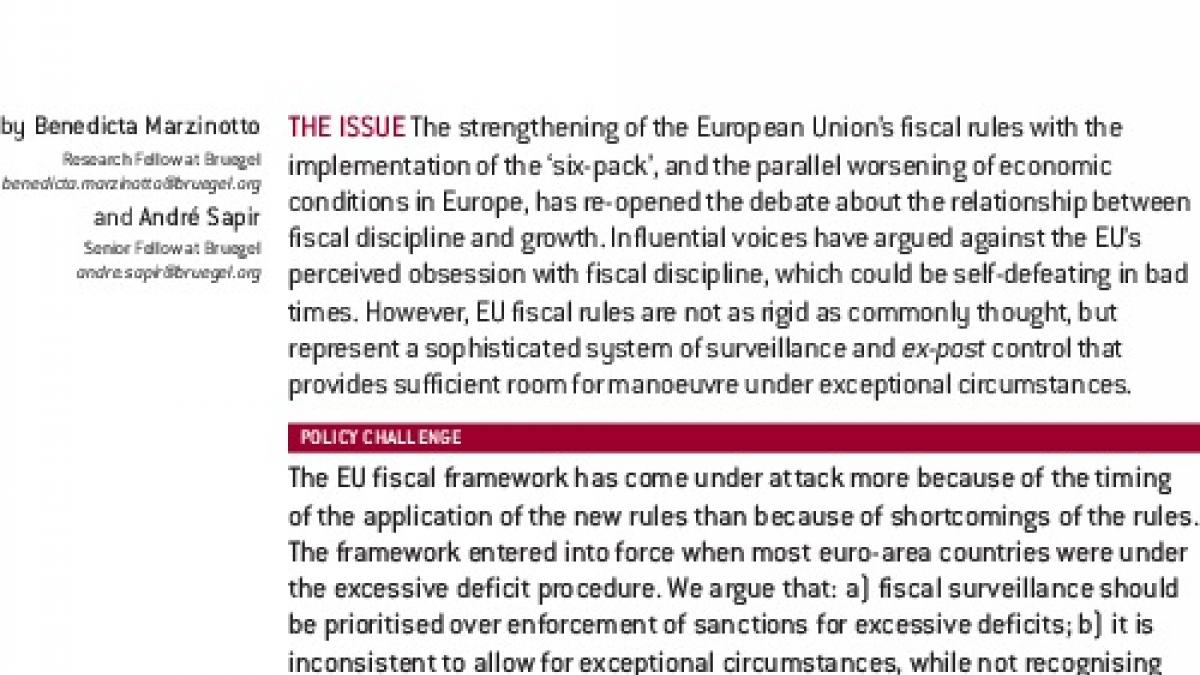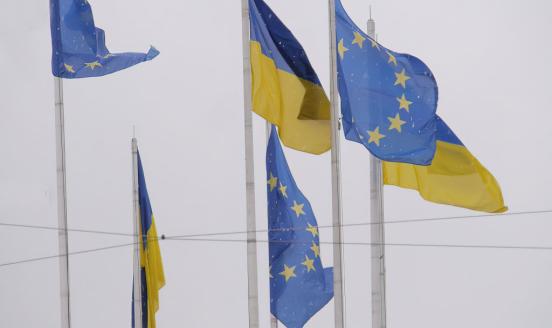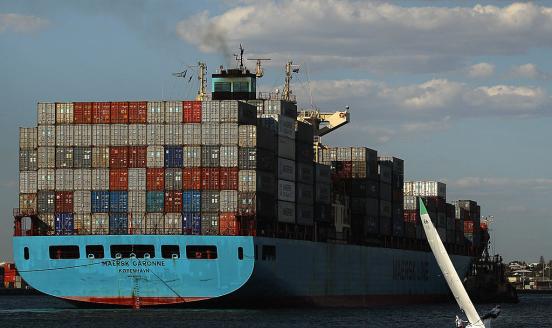Fiscal rules: Timing is everything
The strengthening of the European Union’s fiscal rules with the approval of the so-called ‘six-pack’, and the parallel worsening of economic condition

The strengthening of the European Union’s fiscal rules with the approval of the so-called ‘six-pack’, and the parallel worsening of economic conditions in Europe, re-opened the debate about the relationship between fiscal discipline and growth. Influential voices have argued against the EU’s perceived obsession with fiscal discipline, which risks being self-defeating in bad times. However, EU fiscal rules are not as rigid as commonly thought, but represent a sophisticated system of surveillance and ex-post control that provides sufficient room for manoeuvre under exceptional circumstances.



